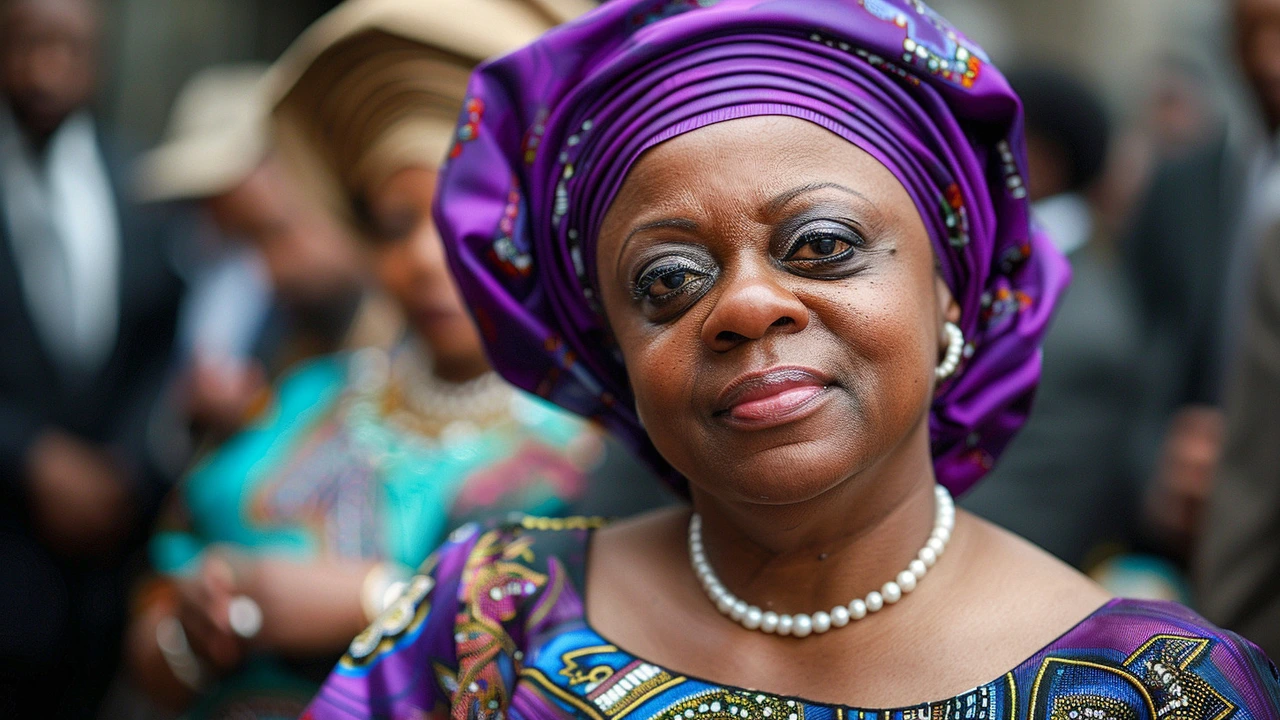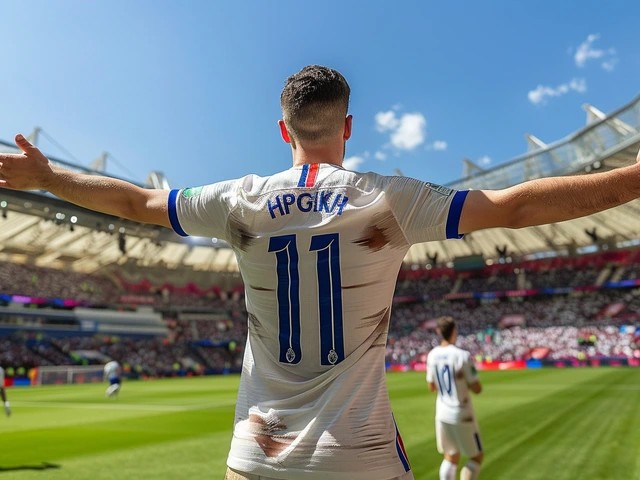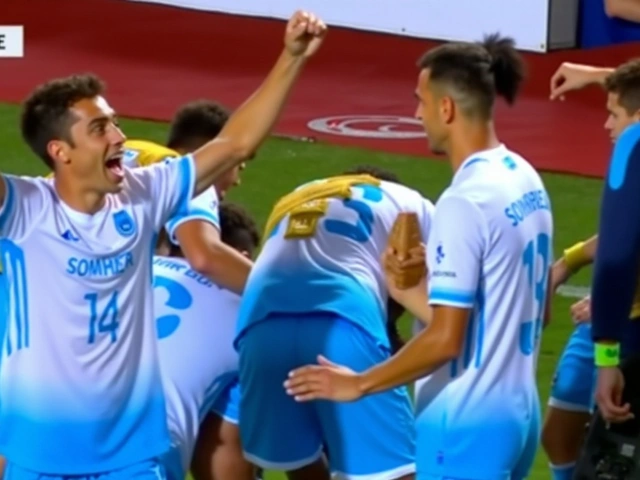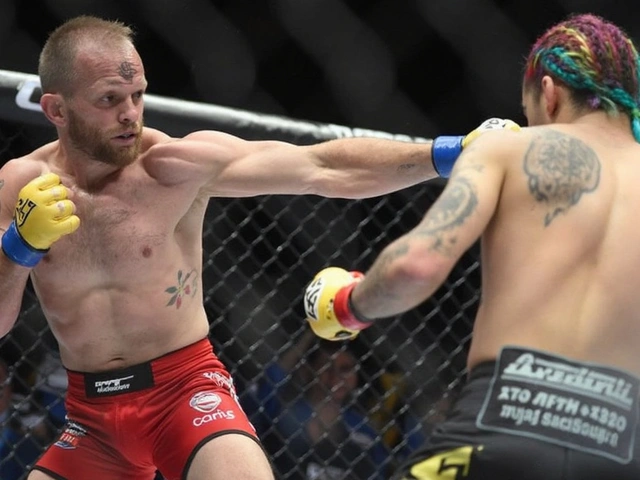Nigerian Oil Corruption – What’s Happening Now
Oil is Nigeria’s biggest money‑maker, but it also draws a lot of shady deals. In the last few months you’ve probably seen headlines about missing funds, secret contracts and officials being arrested. This tag page pulls together those stories so you can see the bigger picture without scrolling through unrelated posts.
Why does oil attract corruption? The sector handles billions of dollars every year, and many of those transactions happen behind closed doors. When a single contract is worth millions, there’s plenty of room for kickbacks, fake invoices and political pressure. That makes it hard for ordinary citizens to see where their tax money goes.
Why the sector is so vulnerable
The Nigerian government owns most of the oil fields, but private companies run the day‑to‑day work. This split creates a grey area where contracts can be tweaked, licences can be granted to friends, and oversight becomes weak. Add in complex offshore structures and you get a perfect recipe for money being moved around without anyone noticing.
Recent investigations have uncovered a few clear examples. One case involved a state‑run refinery that paid extra fees to an unknown contractor – the money later disappeared into personal accounts of senior officials. Another story showed how a foreign oil service firm secured a lucrative deal by promising political donations, something that regulators only discovered after a whistle‑blower came forward.
How reforms are shaping up
The good news is that pressure is building from both inside and outside the country. Anti‑corruption agencies have started to publish more detailed reports, and some high‑profile arrests have shown that no one is untouchable. International partners are also demanding greater transparency before they sign new projects.
New laws aim to tighten the rules on how contracts are awarded. The government plans to move many processes online, making it easier for journalists and watchdog groups to track payments. If those steps stick, you’ll likely see fewer secret deals and more public scrutiny.
For everyday readers, staying informed is the first line of defense. Follow reputable local news sites, check social media updates from anti‑corruption NGOs, and keep an eye on any official statements about oil contracts. When you hear a story about a new oil deal, ask who benefits, how much money is involved, and whether there’s an independent audit.
In short, Nigerian oil corruption is a complex issue that touches politics, economics and daily life. By following this tag page you’ll get the latest reports, understand why these problems keep popping up, and learn what actions are being taken to clean things up. Keep coming back for updates – the story evolves fast, and staying ahead means knowing the facts as they unfold.

Former Oil Minister Diezani Alison-Madueke to Confront Corruption Allegations in New Documentary
Diezani Alison-Madueke, once Nigeria's Minister of Petroleum Resources and OPEC's first female president, breaks her silence in the upcoming documentary 'Is It Your Money?'. Directed by Chude Jideonwo, the film delves into the myriad corruption allegations that have shadowed her career. Diezani has long denied the accusations, which include misappropriation of oil revenue and accepting bribes. The release is anticipated later this year.




